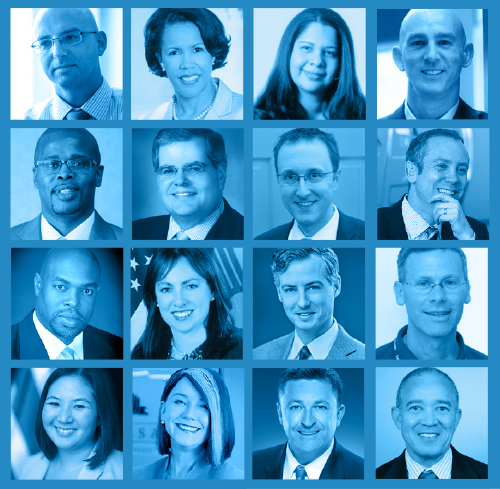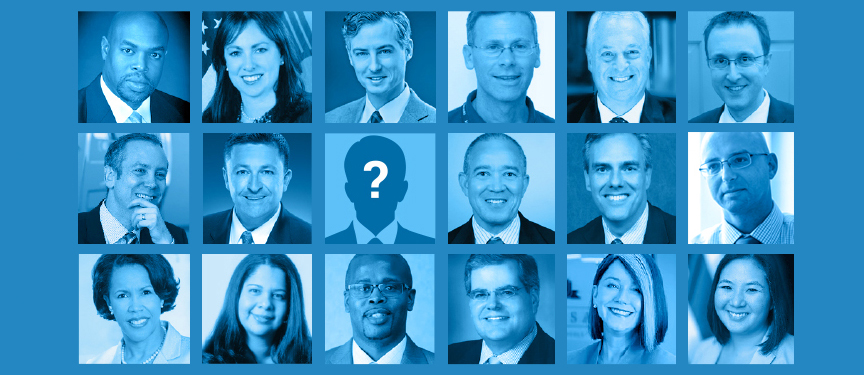
SUBSCRIBE
TO MONTHLY UPDATES
We'll send you information that
will keep you up to date on CFC

Chiefs for Change, a bipartisan network of state and district education leaders who oversee systems that collectively serve more than 7 million students, today issued a digital report explaining how the coronavirus is affecting students, families, and schools. The report, Schools and COVID-19: How Districts and State Education Departments are Responding to the Pandemic, provides an overview of the challenges in systems led by members of Chiefs for Change and the strategies chiefs and their teams are using to address those challenges. In particular, the report focuses on five key areas: basic needs, technology, distance learning, support for high school seniors, and the economic impact. The report features stories from every system in the Chiefs for Change network to illustrate what is happening on the ground.
“Here in San Antonio and in so many other districts, the biggest problem has been—and for many, continues to be—getting students devices and internet connections for distance learning,” said Chiefs for Change Board Chair and San Antonio Independent School District (SAISD) Superintendent Pedro Martinez. Today he published an op-ed calling on lawmakers to work with telecommunications companies to expand broadband access to every home in America. In mid-March, SAISD purchased 30,000 computers and roughly 3,500 hotspots to enable the shift to virtual learning. The district is hoping to recoup the cost through a bond election in November.
Across the nation, education systems are grappling with how to cover unforeseen expenses and are bracing for economic conditions to get even worse. “With skyrocketing unemployment and a projected cratering of property and sales tax revenues, systems expect deep cuts,” the report states. “Among the measures districts are taking today: renegotiating contracts; curtailing overtime and travel; exploring Medicaid reimbursement for mental health supports and services for children with special needs now being provided outside school buildings; and implementing staffing caps and a freeze on discretionary spending and hiring.” The report notes that in Broward County Public Schools in Florida, the sixth-largest district in the nation, employees with a teaching credential who have not been leading a classroom will be reassigned to fill vacant teacher positions. In other districts, superintendents are personally approving all new hires.
“As we adapt and take extraordinary steps to meet students’ urgent and wide-ranging needs, the federal government must give districts the financial resources and regulatory clarity to get through the months and years ahead,” said Chiefs for Change Board Member and Broward County Public Schools Superintendent Robert Runcie. “This crisis is unlike anything we have ever seen. My superintendent colleagues and I appreciate the steps Congress and the administration have taken thus far, but I cannot emphasize enough how dire the circumstances are for our students and staff. We need much more help. Our students’ future and this nation’s legacy depend on it.”
Superintendents and education commissioners have been on the front lines throughout the pandemic. As the rapid response continues, chiefs are simultaneously planning for when schools reopen and how to address lost learning time. The report explains that leaders are exploring ways to accelerate student progress whether through intensive summer programs, extended school calendars, robust tutoring initiatives, or other interventions.
“No matter how well schools implement distance learning, the abrupt school closures due to the outbreak of COVID-19 will have a negative impact for many, many students,” said Chiefs for Change Board Member and Mississippi State Superintendent Carey Wright. “This unprecedented moment is presenting new and unique problems and exacerbating inequities that have always existed in America’s education systems. As we plan for when schools reopen, we have a responsibility to help students recover academically and in other areas of their lives. We must also seize the opportunity to create a stronger and more just system for the future.”